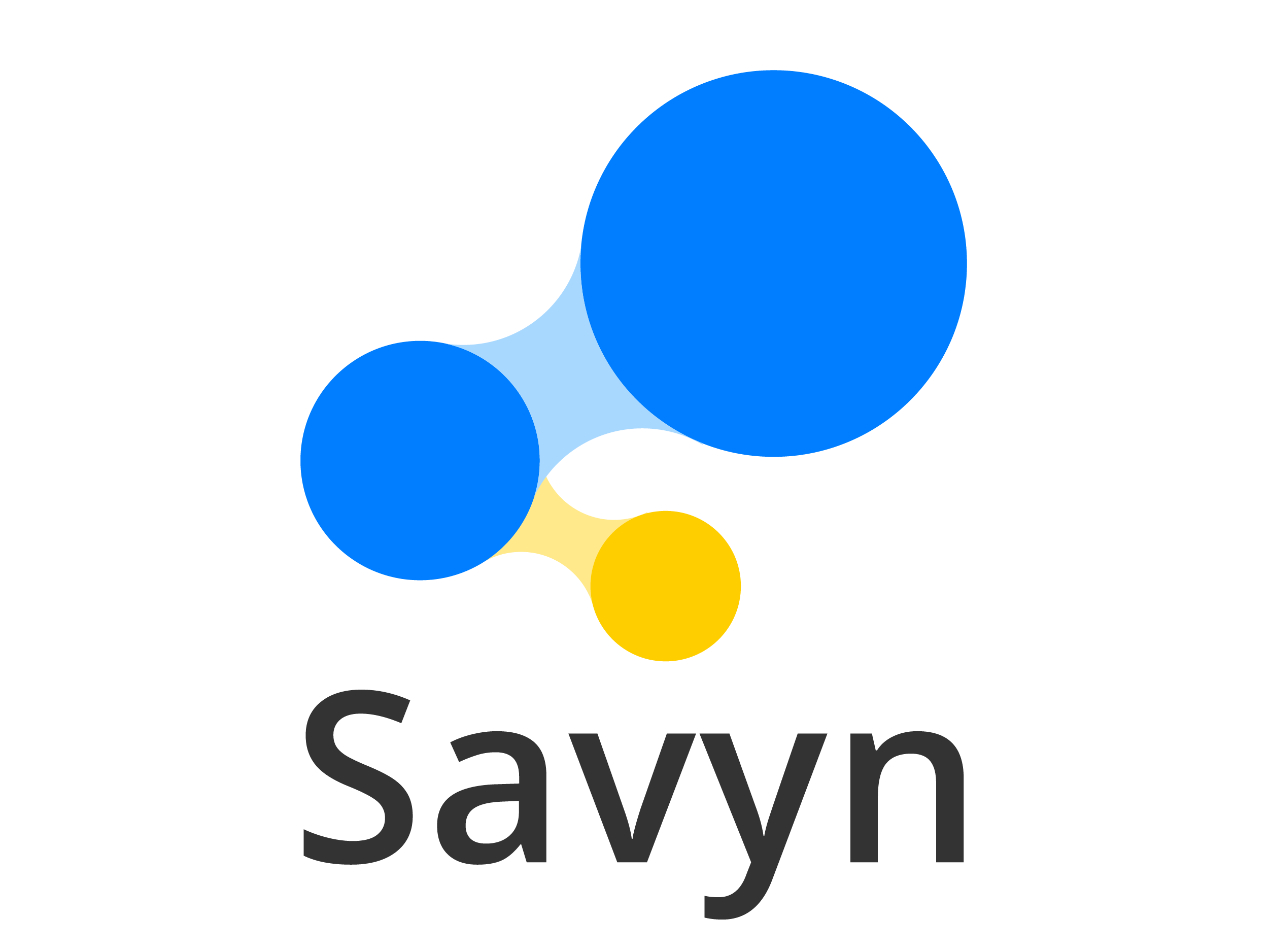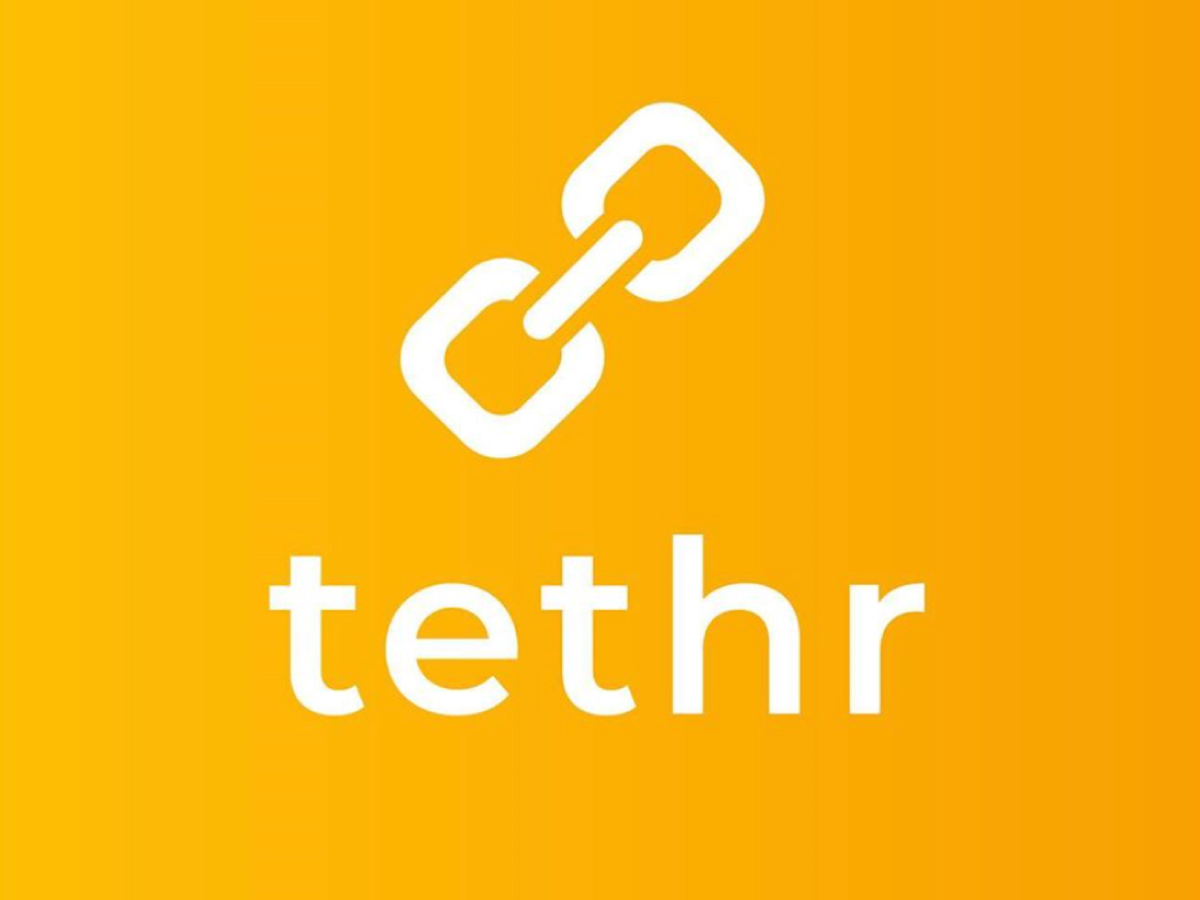How are Entrepreneurs Maintaining their Mental Health During COVID-19?
October 8th, 2020
By: Annemarie Cutruzzola

This year, Mental Illness Awareness Week arrives at a unique and difficult time for many. As the leaves change colour and the air gets colder, we're entering the second wave of the COVID-19 pandemic with many lingering questions about the future of our economy, and the health of our society, including mental health. As a group, entrepreneurs are already likely to deal with mental health issues, so how are they coping with their mental health during the COVID-19 pandemic?
In 2019, the Canadian Mental Health Association (CAMH) released a (PDF file) detailed report (external link) about the mental health of Canadian entrepreneurs, including findings on entrepreneurial stressors, how entrepreneurs are coping with mental health issues, and the barriers they face to engaging with mental health resources. Nearly one in two Canadian entrepreneurs have said that mental health issues interfered with their ability to work, and more than half reported experiencing feelings of inadequacy and more than half reported depressed mood.
What causes entrepreneurs to struggle with their mental health? One factor is the demanding nature of the job. Building a business is no easy task, and when you’re in charge of everything, the stress and pressure levels are inevitably higher. The lines between life and work are more likely to be blurred. Entrepreneurship can be a lonely and isolating experience. As this Forbes article (external link) says, “There is the famous quote that “it’s lonely at the top” but it can be very lonely on the way there too, and even worse right back down at the bottom.”
Some of these issues have been magnified by the COVID-19 pandemic, where entrepreneurs are doubly affected. A report from the spring (external link) says 58 percent of Canadian startups say their industry has been “affected significantly” by the pandemic, which is 7 percentage points higher than the global average. At the same time, entrepreneurs must cope with the challenges of working from home and being isolated from family and friends. (PDF file) CAMH has reported (external link) that there is a decline in mental wellness of many Canadians, and the pandemic has exacerbated an already existing mental health crisis in our country.
The problem also lies in the popular narratives that exist about entrepreneurs. The fact that so many entrepreneurs are hardworking, determined and resilient means they are well-suited to the intrinsic challenges of the job. However, when these qualities are be taken to an extreme and glorified among entrepreneurial communities, they become accepted as part of “entrepreneur culture." They can even manifest as popular phrases like “sleep is for the weak” or “the hustle doesn’t stop." These sayings might seem motivational or inspiring on the surface, but a harmful message lies underneath.
The more these sentiments are repeated and normalized, the more entrepreneurs are bound to think that these extreme, unhealthy ways of living are not just something to strive towards, but something expected of you as an entrepreneur. As the CAMH report concludes, “We need a more nuanced narrative that allows entrepreneurs to show their vulnerability and ask for help when they need it.”
While society is gradually becoming more aware of mental health, the same progress is slower in the entrepreneurial community, where messages of self-care, work-life balance and prioritizing your health are often lost in a sea of messages about hustling harder. So how can we start to change the conversation?
Here at the Social Ventures Zone, some of our startups are dedicated to mental health and finding innovative ways to get support and resources to those who need it. However, at the same time, the Founders behind these startups are entrepreneurs who must cope with their own struggles. Clinical psychologist Dr. Joti Samra spoke to BDC (external link) and gave advice to entrepreneurs struggling with their mental health during the pandemic. We spoke to some of our Founders and discovered they are coping in similar ways.
Transparency
Being honest with yourself and those you’re working with about your mental health not only increases trust, as Dr. Samra says, but open conversations decrease the stigma and shame about mental health in the entrepreneurial community. Sakeena Mihar, Co-Founder of Savyn, encourages her team to be open about their struggles. “We always start our team meetings with a five-minute meditation to center ourselves. We sometimes also have a gratitude exercise. Our team is encouraged to bring their whole self to our meetings, if they have personal struggles or challenges, we listen and give space to hearing them.”
Taking Control
Prioritizing and organizing your work in a way that allows for breaks and self-care will help create a sense of balance. Matt Zerker, Founder of tethr, says: “The way we talk about working 18 hour days, 'hustle culture', and so many other subtle things have the potential to make founders (myself included) feel like they are always behind. This makes it harder to enjoy the wins, which are a critical part of the process. Constantly harping on how difficult everything is can be demoralizing for founders and takes a lot of the fun out of the creative process."
Seeking Support
Entrepreneurship might be a stereotypically solo job, but it doesn’t have to be that way. Dr. Samra urges entrepreneurs to have a “network of peers” they can reach out to for social connection and honest conversations about mental health. Lucrezia Spagnolo, Founder of Vesta, seeks support from others in her life that have made it through through challenging times. “To combat fluctuating emotions and to maintain some semblance of mental peace and stability, I turn to those who inspire me. I turn to the Elders in my life. They have lived through wars, immigration, and disasters and they remind me that this shall pass, and I will be stronger and more resilient for it.”
Addison Brasil of tethr says that peer support has been a crucial part of his journey. He defines a peer supporter as "anyone who chooses to show up to another person with the intention to hear their story, hold space, and create a relationship of balanced and boundary driven support."
Mental Health Startups at the SVZ

Savyn is a digital platform providing vulnerable groups with the help they need to overcome PTSD.
"It's been a tough rough road but we at Savyn are coping and taking it one day at a time while working through our overall strategy. You are not alone. We got this."

tethr is an app that provides a peer to peer support community for men to connect and have honest conversations about mental health.
"It is critical to be kind to yourself and repeat to yourself as often as possible 'I'm doing the best I can today.'"
"In addition to professional help, having a group of men and women who are not paid to listen, but show up purely to connect is the reason I am here today."

Vesta is a survivor-centric reporting platform for sexual assault that aims to eliminate rape culture.
“To combat fluctuating emotions and to maintain some semblance of mental peace and stability, I turn to those who inspire me... they remind me that this shall pass, and I will be stronger and more resilient for it.”
As Mental Health Awareness Week comes to an end, it's important to continue having conversations about mental health in entrepreneurial communities and to resist the harmful messaging that exists in startup culture. Most importantly, remember that you are not alone.
Mental Health Resources
CAMH Resources (external link)
Ontario Mental Health Servies (external link)
City of Toronto COVID-19 Mental Health Resources (external link)